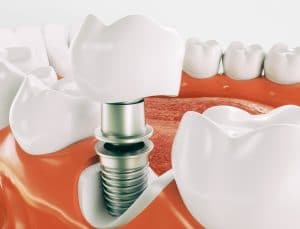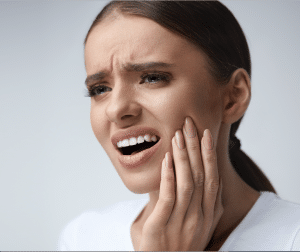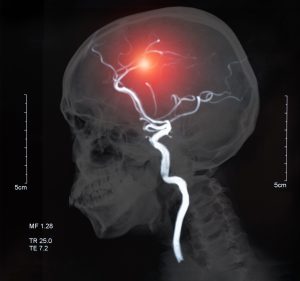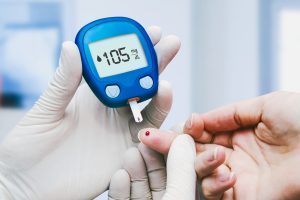The best thing a pregnant woman can do for both herself and her baby is to continue regular dental visits. For one 
Pregnancy is a joyous time. Let your dentist know about your pregnancy at the first opportunity. A woman’s body functions change significantly during pregnancy. Fluctuation in estrogen and progesterone levels and other hormonal changes can affect the body’s response to the bacteria, mentioned above, that cause gum infection. So the need for dental care during pregnancy actually increases. Knowledge of your condition will also affect the decisions the dentist makes regarding the use of certain sedatives, like nitrous oxide, and prescriptions he or she may recommend.
At some point during a nine-month period, you will be due for one of your six-month visits to the dentist. And as your obstetrician or general physician would tell any mother-to-be, the best way to keep an in-utero baby healthy is to keep mom healthy.
If you, your family or friends need dental care, we would be honored to provide you with state-of-the-art dental care in our modern dental practice. Refer someone you love to someone you trust!
Presented as a service to the community by Doctors Hoover and Yanda,
39 Milford Drive, Hudson, Ohio 44236. 330-650-0360. www.drshooverandyanda.com



 particular reason or reasons are. For some, it’s the color of the teeth or of old fillings in the teeth that is objectionable. Some teeth may have fractured edges or cracks that show. For others yet, they may be crowded or the reverse, they could have gaps between them. There may be teeth actually missing altogether too.
particular reason or reasons are. For some, it’s the color of the teeth or of old fillings in the teeth that is objectionable. Some teeth may have fractured edges or cracks that show. For others yet, they may be crowded or the reverse, they could have gaps between them. There may be teeth actually missing altogether too.
 When compared with nondrinkers, men and women who had one or more alcoholic drinks per day had an overabundance of oral bacteria linked to gum disease, some cancers, and heart disease. Alcohol drinkers also had fewer bacteria known to check the growth of other, harmful germs. These are the main findings of a study published in the journal Microbiome.
When compared with nondrinkers, men and women who had one or more alcoholic drinks per day had an overabundance of oral bacteria linked to gum disease, some cancers, and heart disease. Alcohol drinkers also had fewer bacteria known to check the growth of other, harmful germs. These are the main findings of a study published in the journal Microbiome. Opioids are not among the most effective—or longest lasting—options available for relief from acute dental pain, a new examination of the results from more than 460 published studies has found. Each day, more than 115 Americans die as a result of an opioid overdose, according to the National Institutes of Health.
Opioids are not among the most effective—or longest lasting—options available for relief from acute dental pain, a new examination of the results from more than 460 published studies has found. Each day, more than 115 Americans die as a result of an opioid overdose, according to the National Institutes of Health. Clinical studies have shown that chewing sugarless gum for 20 minutes following meals can help prevent tooth decay.
Clinical studies have shown that chewing sugarless gum for 20 minutes following meals can help prevent tooth decay. cerebral small-vessel disease that can lead to a stroke.
cerebral small-vessel disease that can lead to a stroke.